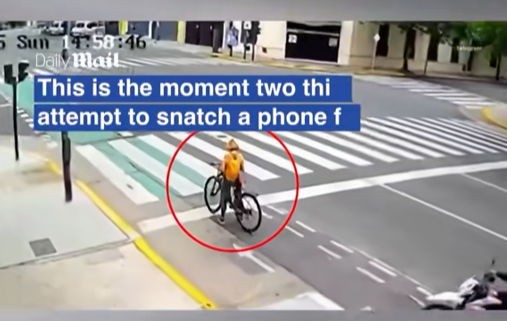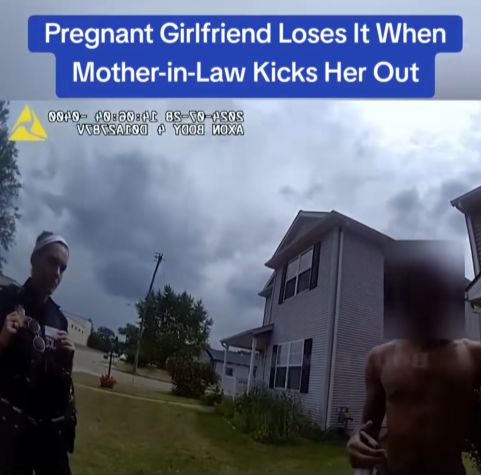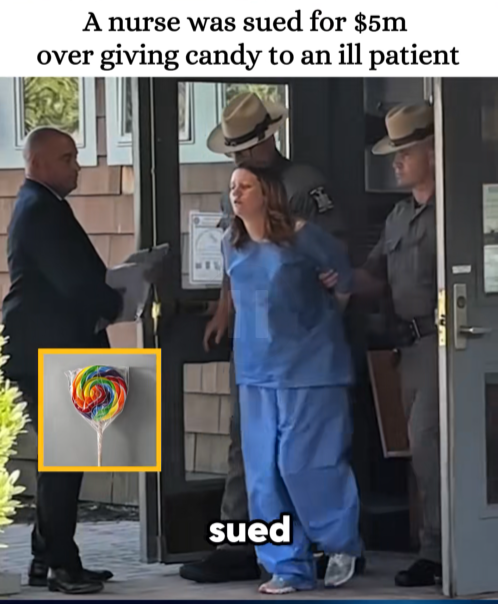A bizarre legal battle out of Texas has gone viral after a landlord was slapped with a $35,000 lawsuit — for cutting off what he claims was stolen electricity from one of his tenants. The story, which has ignited fierce debate online, raises questions about property rights, tenant protections, and the limits of self-enforcement by landlords.
According to court documents, the landlord, identified only as “Mr. J,” discovered that one of his commercial tenants had illegally connected wiring to draw power from the main building’s supply. Security footage allegedly showed the tenant tapping into the landlord’s meter box to siphon electricity without authorization. Furious, Mr. J says he immediately hired an electrician to disconnect the unauthorized wiring and secure the breaker box.
However, within days, the tenant filed a civil complaint claiming “illegal utility disconnection,” arguing that the landlord had no right to interfere with the property’s electrical systems without a court order. Under Texas law — as in many U.S. states — landlords are prohibited from directly shutting off utilities to tenants, even in cases involving nonpayment or disputes.
The tenant’s attorney described the landlord’s actions as “reckless and retaliatory,” alleging that the abrupt power cut caused the business to lose thousands in perishable goods and equipment damage. The tenant is now seeking $35,000 in damages for “loss of income, property damage, and emotional distress.”
The landlord, meanwhile, maintains he was simply protecting his property from theft. “They were stealing power, plain and simple,” he told reporters. “Why should I have to pay for their electricity?” He added that the wiring setup was dangerous and posed a fire hazard. “If I hadn’t stopped it, the whole building could’ve burned down.”
Legal experts say the case highlights a common — and confusing — gray area in landlord-tenant law. “Even if a tenant is clearly in the wrong, landlords cannot take matters into their own hands,” said attorney Rachel Owens, a property law specialist. “They must follow proper eviction or legal notice procedures. Disconnecting utilities without a court order can result in hefty fines or lawsuits, regardless of who’s right.”
The incident has divided public opinion online. Some social media users argue that the landlord was justified and is being unfairly punished for preventing theft. “That’s insane — he’s protecting his property!” one commenter wrote. Others insist that the tenant’s rights were violated. “Landlords don’t get to play judge and jury,” another user replied. “There are legal steps for everything.”
As the case heads to civil court, both sides are doubling down. The landlord’s attorney plans to countersue for property damage and theft of utilities, while the tenant’s legal team insists their client was wrongfully targeted.
In the meantime, the story serves as a cautionary tale: in the complex world of landlord-tenant disputes, acting on impulse — even when you believe you’re right — can cost you far more than an unpaid power bill.











Leave a Reply